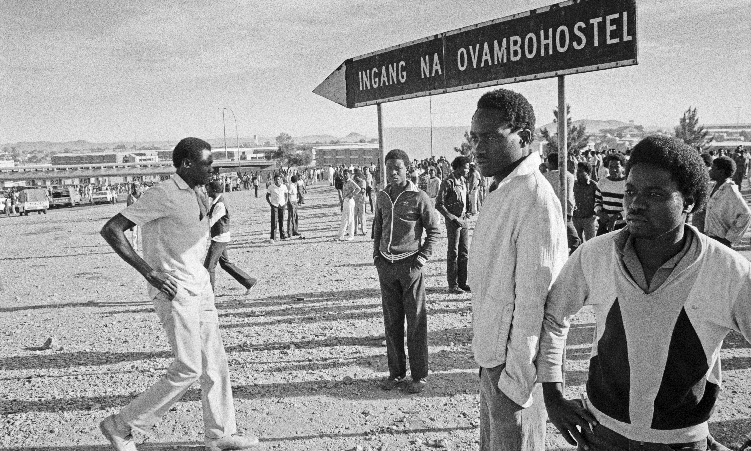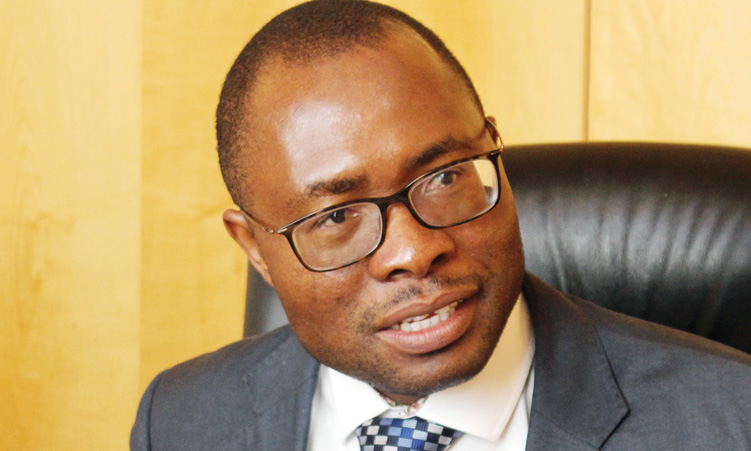MEL KELLYAN ‘OUTSIDER’ with no personal stake in the political power plays of the country, my writing seeks to provide alternative viewpoints by comparing the status quo taken for granted here in the Land of the Brave with how things are managed elsewhere.
Sometimes they are done better overseas (hop on a regular, clean, comfortable and cheap public bus in Oslo), and sometimes they are done worse (check the infernal pollution in Jakarta), but seldom here in Namibia does our national ‘business as usual’ reflect that to be found in other countries.
It’s in the nature of things that I tend to focus on effective strategies employed in other countries that we could consider adopting here. I have also suggested that the moment is ripe for Namibians to cease sucking greedily at the dried-up teats of government, and maybe create or pursue other income-generating opportunities than those offered in the cash-strapped civil service.
The gulf between listing ‘entrepreneurship’ as a subject on schools’ curricula and effecting it in the real world is as wide as the Fish River Canyon.
Late last year, labour minister Erkki Nghimtina suggested that one reason that our youth struggle to find work is because their skills and employment choices are not always tailored to the nation’s practical needs. I believe this is true, and our national obsession with diplomas/certificates – regardless of the laughably low threshold for achieving some of them, and despite the fact that ill-equipped students are herded onto expensive courses they have no interest in, in order to acquire qualifications of negligible utility – produces cohort after cohort with high hopes but low worth in a competitive job market. The situation is made worse when the government exhorts school-leavers to pursue studies towards careers that are in short supply nationally, e.g., as pharmacists, and then fails to create positions once graduates leave university. The disillusionment must be swift and crushing.
In December 2018, a Walvis Bay sexual predator was sentenced to spend the rest of his days in prison for a series of crimes that culminated in murder. In the same week, the killer of a British woman, Samantha Eastwood, was found guilty by a UK court (despite his clever and calculated efforts to lead investigators astray).
That’s where the similarities end, however, since the latter was arrested, tried and sentenced literally within a few months of his crime whereas Piet Nakanene, responsible for several terrible attacks at our coast, was finally convicted more than four years after his DNA was found on his last victim. In fact, the saga is even more horrific because Nakanene’s trail of violence began way back in 2006, when he first tried to throttle a woman after kicking down the door of her home. Had he been apprehended at that time, then his three subsequent victims would have been spared the terror he visited on them and one, Benedine Baumgarten, would likely be alive today.
With respect to the judicial system in Namibia, the adage is that “justice delayed is justice denied”, and the interminable durations of criminal cases as they proceed through our courts, along with the endless bail applications and recusals and appeals and lawyers’ withdrawals and psychiatric evaluations and other time-wasting nonsense, bear out the truth of this assertion as the guilty – along with the innocent, let’s not forget – spend years of their lives in overcrowded jails, and the living victims await the long-postponed day when they can begin to get some sense of closure.
Furthermore, in an era when we have long had the technology to link felons to crimes through their fingerprints and DNA, cases in Namibia remain pending while we await analyses from scientific experts overseas. When a Canadian DNA analyst is flown out here at the state’s expense (that’ll be my expense, and your expense) only to have to head back home before his testimony is heard because some f*ckwittery with a legal representative means the case is delayed, then the whole system descends into farce – an expensive and deadly one. How many career criminals have been free to carry on with their unholy work because ‘trial awaiting’ or ‘out on bail’ means, in effect, keep calm and carry on (slaying, raping, thieving, victimising)?
It’s a bit late for a Christmas wish-list, but what we need – every man, woman and child in Namibia who lives in fear – is a well-staffed criminal justice system that’s fit for purpose, including cutting-edge regional laboratories where scientific analyses can be completed swiftly, and highly educated police officers. Not such a big ask in a country with such a small population to serve, you would think.
When the government is sued by the wrongly convicted, or those otherwise failed by the courts, and when we tally up the costs, actual and psychological, of living in a lawless land, then the dollars spent underwriting the studies of would-be lawyers, pathologists, scene-of-crime experts, and crime-lab technicians – not to mention police officers who can take a watertight statement that won’t be challenged in court – and paying them a decent salary for their expertise, seem paltry by comparison.
– Mel Kelly is a British writer/editor and long-time Windhoek resident. Her fiction is published at https://kalaharireview.com
Stay informed with The Namibian – your source for credible journalism. Get in-depth reporting and opinions for
only N$85 a month. Invest in journalism, invest in democracy –
Subscribe Now!






